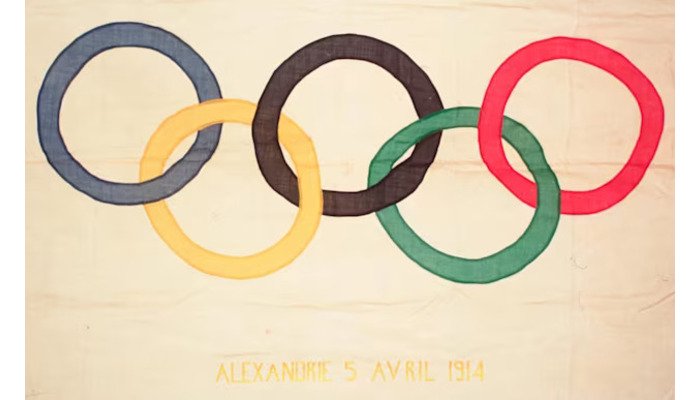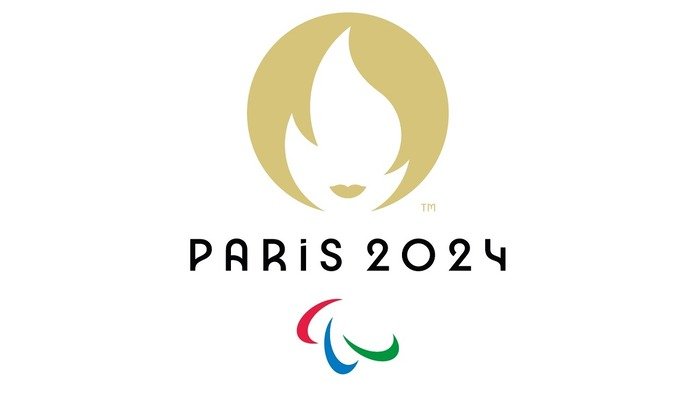The Olympic Games stand as a testament to human endurance, skill, and the spirit of competition. Originating in ancient Greece, they have evolved into a global event that brings together athletes from all corners of the world. Let’s delve into the rich history of the Olympics and uncover some intriguing facts that make this event so unique.
Origins of the Olympic Games
The Olympic Games trace their roots back to ancient Greece, specifically to the town of Olympia, where they were held in honor of Zeus. The first recorded Olympic Games took place in 776 BC, and they continued for nearly 12 centuries until Emperor Theodosius I banned them in 393 AD, deeming them a pagan ritual.
The ancient games were quite different from today’s Olympics. They featured fewer events, primarily athletic and combat sports such as running, long jump, shot put, javelin, boxing, and equestrian events. The participants were all male, and they competed in the nude, a practice that celebrated the human body and honored the gods.
The Modern Revival
The Olympics were revived in the late 19th century, thanks to the efforts of French educator Pierre de Coubertin. Inspired by the ancient games and motivated by the vision of promoting peace and unity through sports, Coubertin founded the International Olympic Committee (IOC) in 1894. The first modern Olympic Games were held in Athens in 1896, featuring 280 participants from 13 countries competing in 43 events.
Since then, the Olympic Games have grown exponentially. They now include both Summer and Winter Games, each held every four years, with athletes competing in hundreds of events across a diverse range of sports.
Fun Facts About the Olympic Games
- Five Rings, One World: The Olympic symbol, designed by Pierre de Coubertin, features five interlocking rings in blue, yellow, black, green, and red on a white background. These colors were chosen because at least one of them appears on every national flag in the world.
- Olympic Flame: The tradition of the Olympic flame dates back to the ancient Greeks, who kept a fire burning throughout the Games. The modern Olympic flame is lit in Olympia, Greece, and then relayed to the host city, symbolizing the continuity between ancient and modern games.
- First Winter Olympics: The first Winter Olympic Games were held in Chamonix, France, in 1924. Initially called “International Winter Sports Week,” the event was retroactively named the first Winter Olympics by the IOC.
- Women’s Participation: Women first competed in the Olympic Games in 1900 in Paris. Since then, female participation has steadily increased, and the 2020 Tokyo Olympics were the first to achieve gender parity with an equal number of events for men and women.
- Youngest and Oldest Olympians: The youngest Olympian on record is Dimitrios Loundras, a Greek gymnast who competed in the 1896 Athens Games at the age of 10. The oldest is Oscar Swahn of Sweden, who won a silver medal in shooting at the 1920 Antwerp Games at the age of 72.
- Record-Breaking Feats: The Olympics have witnessed numerous record-breaking performances. For instance, American swimmer Michael Phelps holds the record for the most Olympic medals, with a total of 28, including 23 golds. Usain Bolt, the Jamaican sprinter, is famous for his remarkable speed, holding world records in the 100 meters, 200 meters, and 4×100 meters relay.
- Host Cities: London is the only city to have hosted the Summer Olympics three times (1908, 1948, and 2012). Meanwhile, Los Angeles is set to join this exclusive club by hosting the Games in 2028, having previously hosted in 1932 and 1984.
- Unique Sports: Over the years, the Olympics have featured some unusual sports. Tug-of-war was an Olympic event from 1900 to 1920. In the 1900 Paris Games, live pigeon shooting was held, the only time in Olympic history that animals were intentionally killed during an event.
The Olympics Today
Today, the Olympic Games are a celebration of global unity and athletic excellence. They inspire millions around the world, fostering a spirit of camaraderie and competition. The Games continue to evolve, embracing new sports and technologies, and addressing social issues such as gender equality and environmental sustainability.
As we look forward to future Olympic Games, we can reflect on their rich history and the countless stories of triumph, perseverance, and sportsmanship that have made them an enduring symbol of human achievement.




